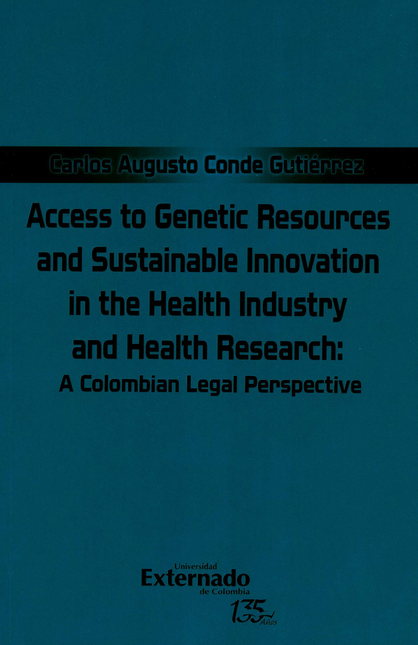Descripción
Colombia is one of the most biodiverse countries in the world and
consequently has sought to employ genetic resources to further both its
economic development and technological and scientific advancement.
Colombia’s implementation of the international regime on access to genetic
resources and benefit sharing responds to the interests of the country in
employing genetic resources for health research and also for the health
industry. However, the relevant Colombian law leaves aside practices and
knowledge that emanate from local, indigenous, and Afro-Colombian
communities in adding value to biodiversity. Through an interdisciplinary
analysis, this thesis adds a novel country case study to existing international
socio-legal literature on the International Regime on Access to Genetic
Resources and Benefit Sharing, showing its deficiencies when considered at
national and local levels. Further, drawing on a Capability Approach, the thesis
aims to suggest an alternative approach for Colombia, making the normative
claim that such an approach would create a more inclusive model of innovation
in the use of biodiversity.



Reviews
There are no reviews yet.